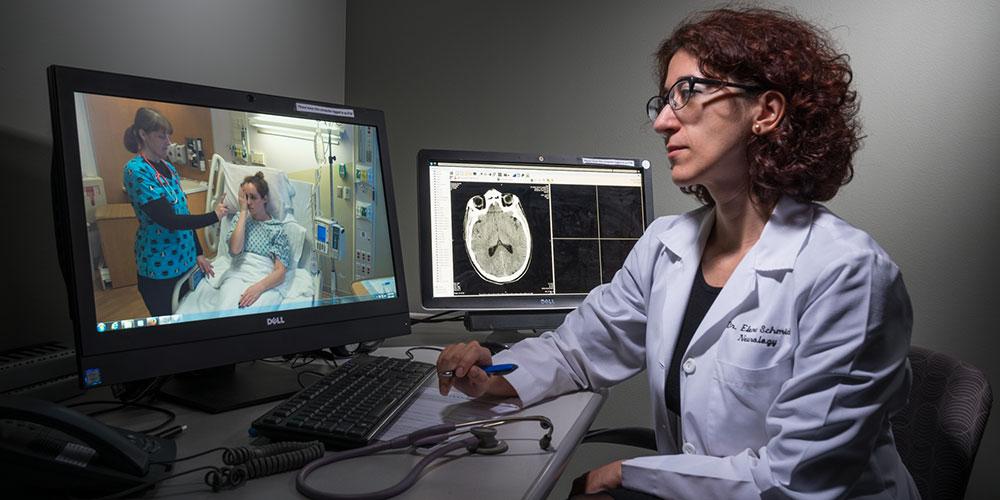Wearing a face mask is a proven way to slow COVID 19. However, recent studies show that children are less likely to wear a mask, and an even greater percentage of children with special needs struggling to consistently keep a mask on. Some reasons noted by several analysts show that several children tend to be reactive towards certain fabrics and the loops and therefore do not tolerate wearing a mask. However, below are some tips
Help Slow the Spread of COVID-19 CDC recommends that people wear cloth face coverings in public settings and when around people who don’t live in your household, especially when other social distancing measures are difficult to maintain.Cloth face coverings may help prevent people who have COVID-19 from spreading the virus to others.Cloth face coverings are most likely to reduce the spread of COVID-19 when they are widely used by people in public settings.Cloth face coverings should NOT
The COVID-19 crisis and the stay-at-home-orders have drastically changed the way we live. Quarantine is one of the many daunting experiences that most parents are facing.However, the American Occupational Therapy Association (AOTA) has created a detailed set of tips to help combat quarantine fears. 1. Keep each other active with meaningful activities “Take some time to do things you enjoy as a family that do not involve screens “ Grace Sagester, OTD, OTR/L, an occupational therapist
Telemedicine is one of the fastest-growing methods of healthcare. Chances are, your healthcare provider has already provided you this convenient opportunity. Telemedicine allows you to hold an online meeting with a video chat or a phone call right from your home. This is especially helpful with the COVID-19 outbreak. Before Your Telemedicine Visit Utilize these tips to make sure your visit goes as well as possible. 1. Share all your known symptoms, medications, and questions
Healthcare workers across the world face the struggle of having to properly take care of their scrubs, especially with the deadly pandemic going on. The most dangerous aspect for these heroes is to ensure that they don’t bring the virus home from their workplace. This not only includes their scrubs but everything they’ve brought to their workplace. Check out these tips to learn how to decontaminate your scrubs 1. Bringing Essentials Brining non-essentials to your





